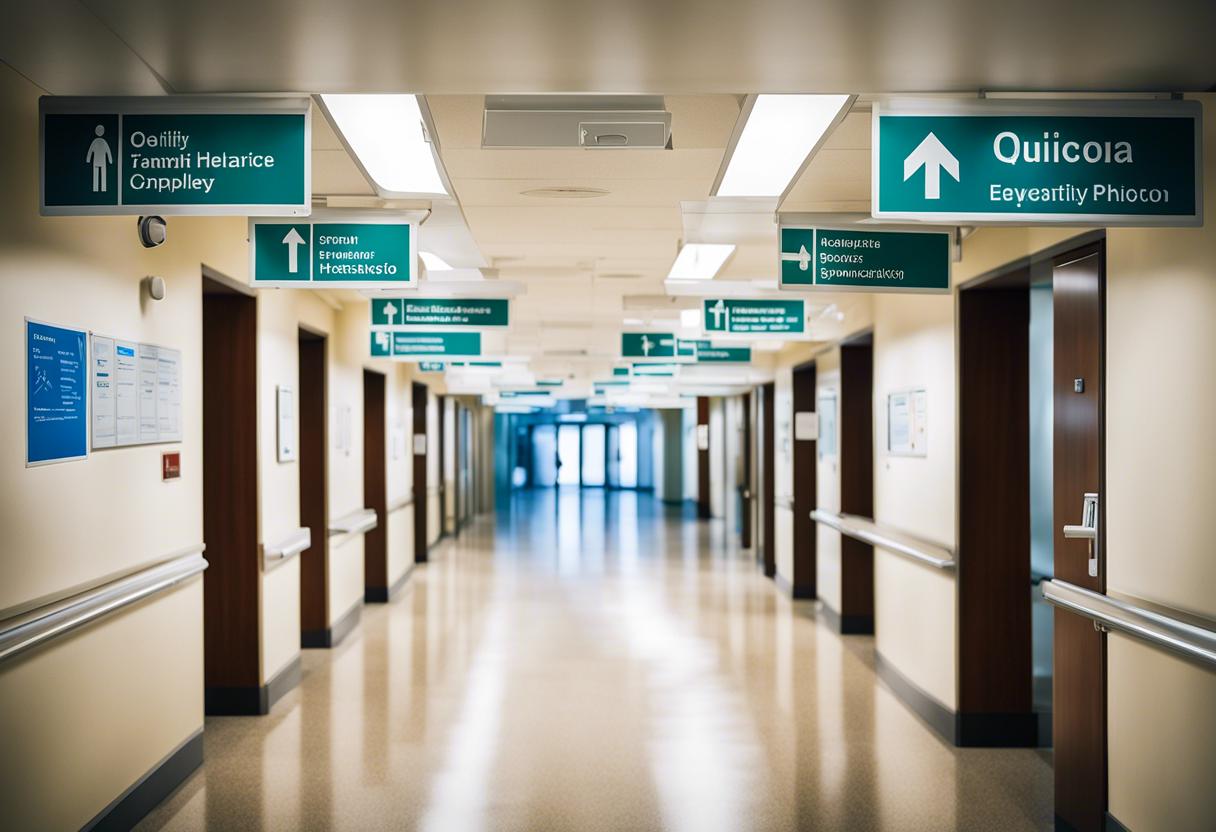The Office of the Protected Disclosures Commissioner (OPDC), an establishment of the Government, has expressed concern about unresolved healthcare-related wrongdoings brought forward by whistleblowers. As per its inaugural annual report, there are a number of loopholes in the supervision of private healthcare services, including private hospitals. The agency therefore urged for a thorough evaluation of these loopholes alongside implementation of legislative amendments for rectification.
Formed in the previous year under the Protected Disclosures (Amendment) Act 2022, the OPDC, led by the Commissioner for Protected Disclosures, Ger Deering, serves mainly to pass on whistleblowing reports about bad conduct or malpractice to the relevant body for investigation. While in some cases, the body responsible for following up on the allegations is stated by law, in others, the OPDC is responsible for determining who should deal with the disclosure.
The report by the OPDC highlighted that the care sector, especially private residential settings (excluding private nursing homes), private hospitals, and non-medical aspects of private medical and dental practices, are predominantly associated with regulatory gaps.
The agency received 11 accounts of wrongdoing in private group residential settings during the previous year involving facilities like drug rehab centres and homes accommodating individuals with disabilities. The OPDC mentioned that neither the Health Information and Quality Authority (Hiqa) nor the Health Service Executive (HSE) have direct legal responsibilities for these establishments. Though the HSE was deemed the most fitting body to investigate certain allegations, its lack of legal responsibility makes it inadequately prepared for addressing such accusations.
There were also two reports relating to medical consultants employed by private hospitals. The report clarified that these private hospitals fall outside the investigatory remit of HSE.
Regulatory gaps were also found in the supervision of general practitioners and private dental practices, the report warned.
The education sector topped the list with the highest number of whistleblower disclosures at 42 reports, closely followed by 39 in aviation, and 34 in the defense sector.
The Competition and Consumer Protection Commission received the highest number of reports from the OPDC, totaling 27, with the HSE coming in second with 14 and the Irish Aviation Authority third with 11.
Mr. Deering emphasized the necessity for organisations to treat wrongdoing reports with gravity. He highlighted these reports as a crucial element of ethical corporate governance, aimed at identifying and halting malpractices. However, some entities fail to adopt this perspective and show hesitancy in dealing with these reports, citing a plethora of reasons or legal nuances to avoid addressing such disclosures.
He recalled instances during their inaugural operating year where entities evaded dealing with these reports by leaning on restrictive interpretations of the law. Mr Deering then highlighted that organisations should bear in mind that addressing error reports not only upholds their legal obligation but also nurtures a culture of responsibility, honesty, and openness, thereby promoting public welfare.

